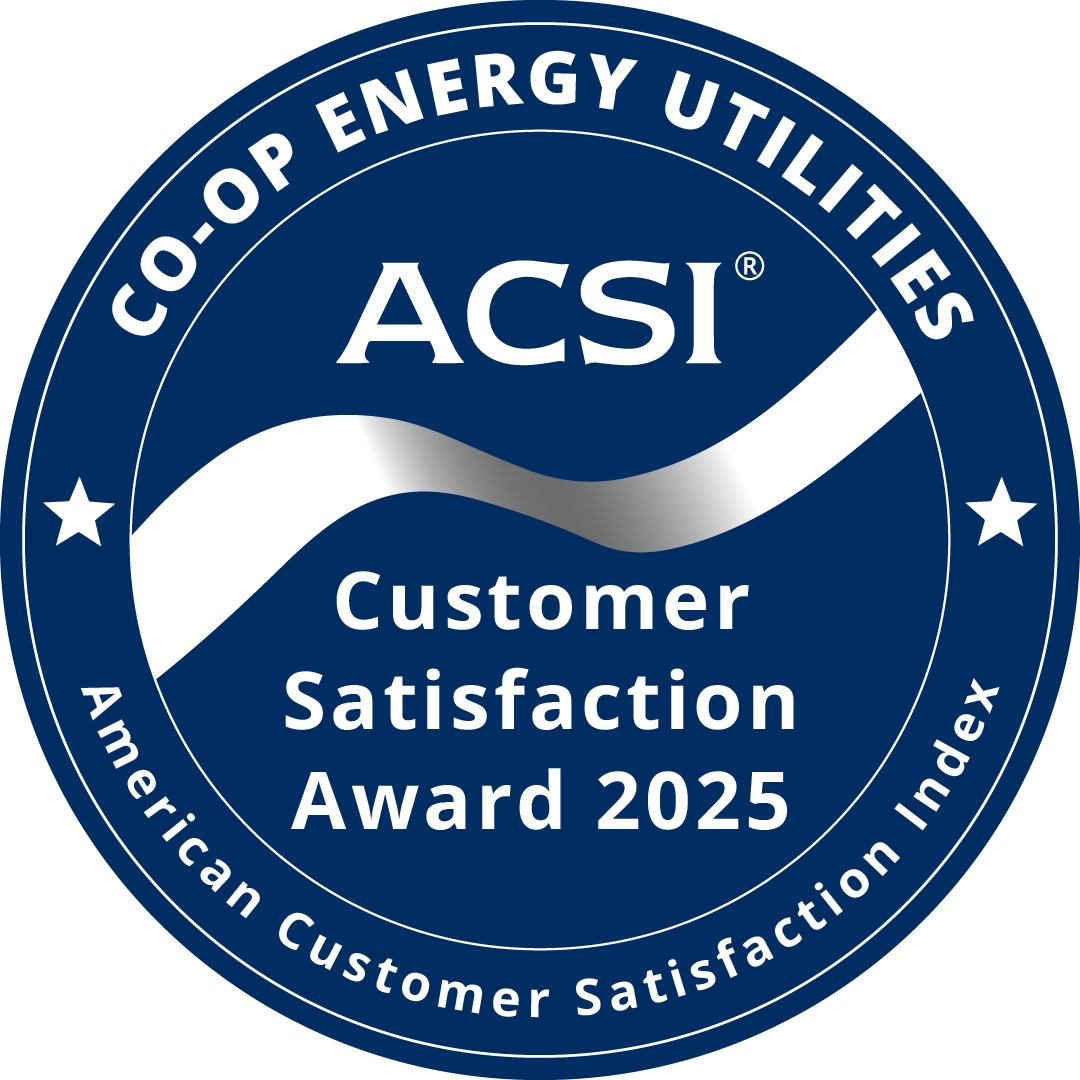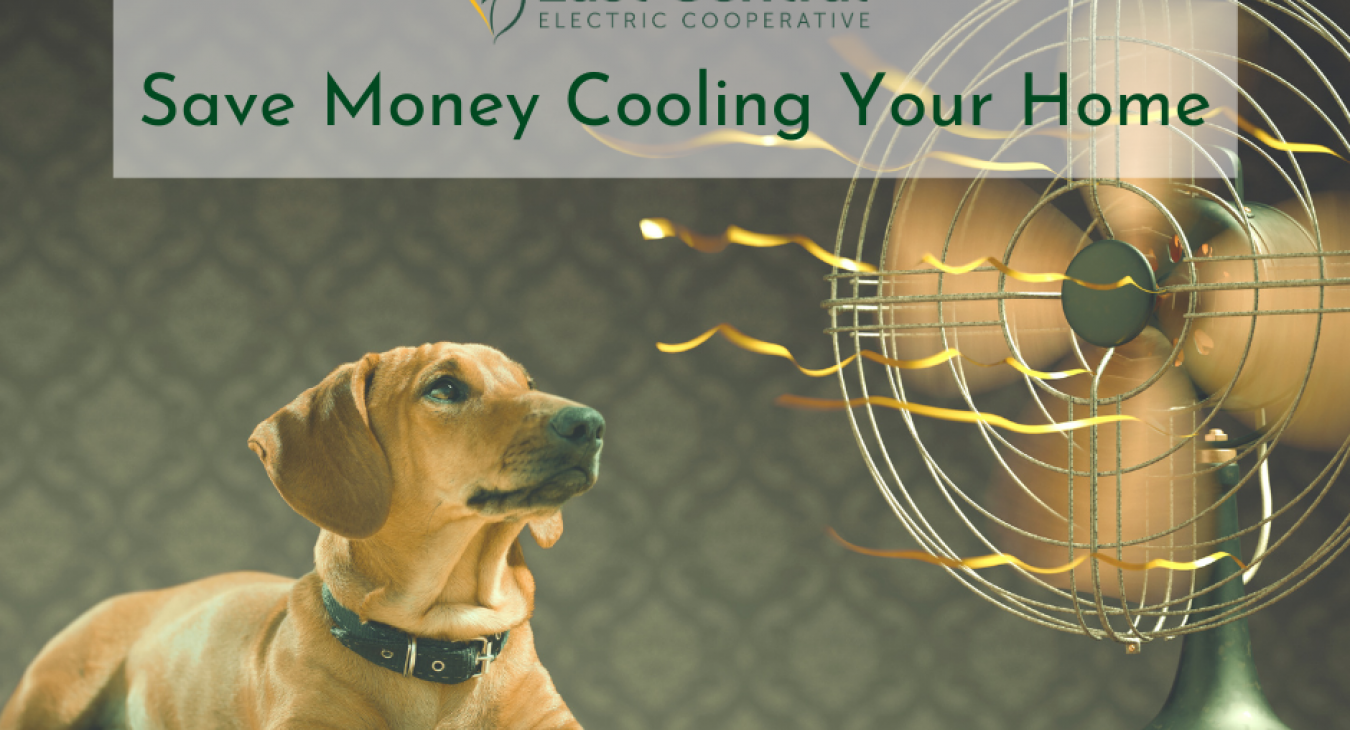Before the sweltering summer heat arrives, follow these quick tips to keep your home cool and save money on your electric bill.
Inspect, clean, or change air filters once a month. A dirty filter can increase energy costs and damage your equipment, leading to early failure.
Consider hiring a contractor for a maintenance check-up. If your system is not maintained regularly, you could be slowly losing money over time. Dirty coils reduce the system's ability to cool your home and cause the system to run longer, increasing energy costs and reducing the life of the equipment. Too much or too little refrigerant will make your system less efficient. A plugged condensate drain can cause water damage in the house and affect indoor humidity levels. And airflow problems can reduce your system's efficiency by up to 15 percent.
Check your home for air leaks and proper insulation. Drafty rooms, uneven temperatures, and high cooling bills are the most common symptoms of a home that is not properly sealed and insulated. The Environmental Protection Agency estimates that homeowners can save an average of 15 percent on heating and cooling costs, or 11 percent on total energy costs, by air sealing their homes and adding insulation in attics, floors over crawl spaces and basements.
Close your blinds. As refreshing as natural light can be, it is a major source heat in your home, especially for south and west facing windows. Keeping your blinds closed or putting up black-out curtains will help keep the summer sun from baking your living room.
Turn off the lights. Even the most energy efficient lightbulbs still give off heat. By turning off unnecessary lights, you will save money on both the lights themselves, and the extra power to cool your home.
Program your thermostat for when you’re not home. When you are away from home, pumping cold are into your house can be a big waste of energy. The U.S. Department of Energy recommends setting your thermostat as high as comfortable all summer long, and higher when you aren’t home.
Don’t leave exhaust fans running. Turn off kitchen, bath, and other exhaust fans within 20 minutes after you are done cooking or bathing. When replacing exhaust fans, consider installing high-efficiency, low-noise models.
Replace your cooling system with ENERGY STAR approved products. When it comes time to replace old or worn-out cooling products, look for the ENERGY STAR sticker. In 1992 the Environmental Protection Agency introduced ENERGY STAR as a voluntary labeling program designed to identify and promote energy-efficient products to reduce greenhouse gas emissions. Computers and monitors were the first labeled products. The ENERGY STAR label is now on over 70 product categories including major appliances, office equipment, lighting, and home electronics, new homes and commercial and industrial buildings.
Sources: energystar.gov and energy.gov


